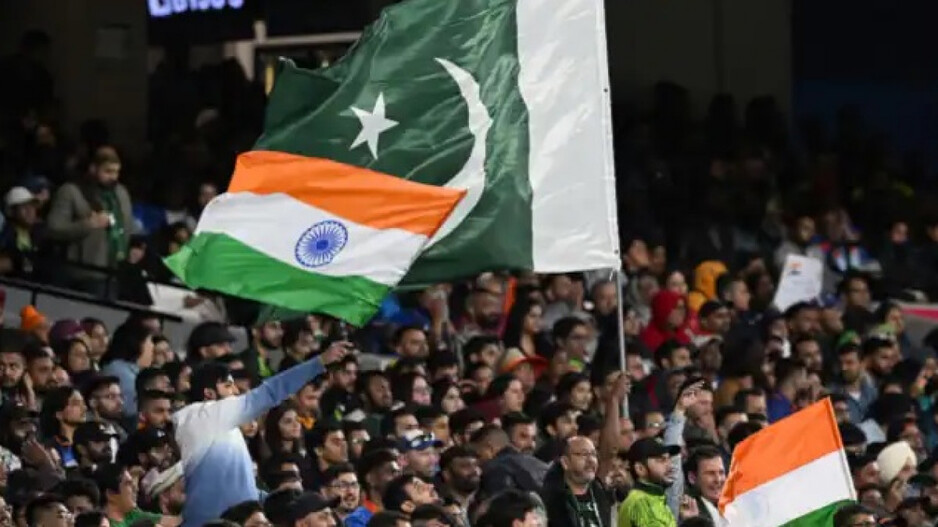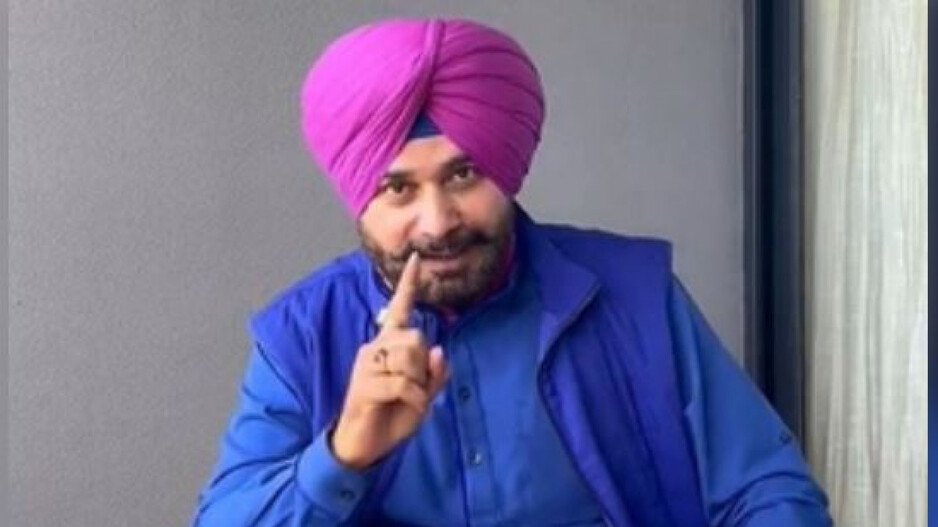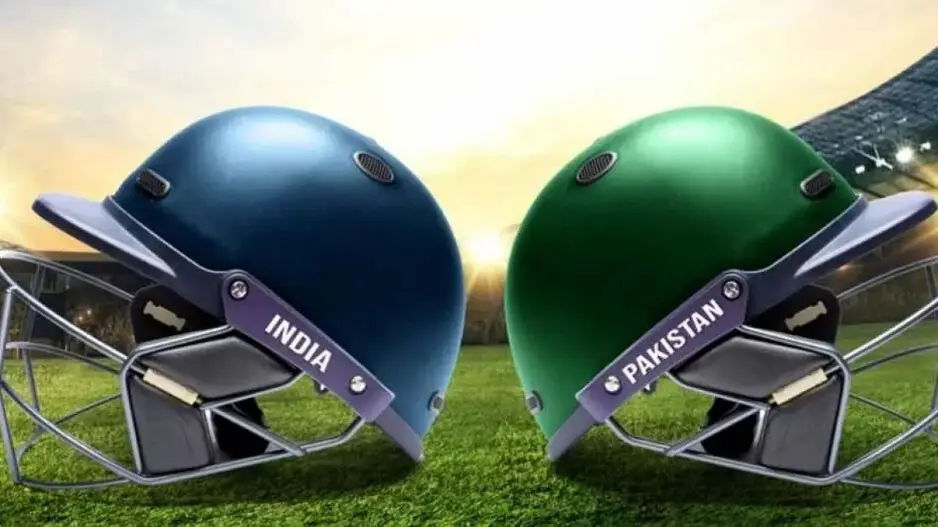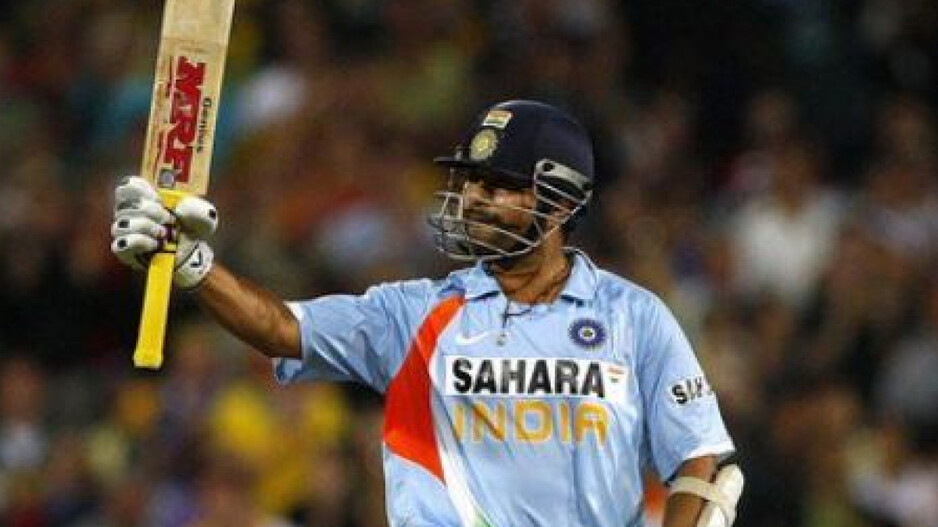/odishatv/media/post_attachments/uploadimage/library/16_9/16_9_0/recent_photo_1740315241.webp)
India vs Pakistan: Cricket rivalry shaped by politics
Cricket diplomacy between India and Pakistan has a rich history dating back to the 1980s. In 1987, Pakistani President Zia-ul-Haq’s visit to India to watch a cricket match in Jaipur helped ease tensions during a period of heightened military activity.
The practice continued with Indian Prime Minister Atal Bihari Vajpayee’s ‘cricket diplomacy’ in 2004 when he sent the Indian team to tour Pakistan for the first time in 14 years, delivering the message ‘Dil jeetke aana’ (Win hearts there). This tour symbolized the power of cricket to bridge divides, as India secured it’s first-ever Test and ODI series victories on Pakistani soil.
Similarly, in 2011, Indian Prime Minister Manmohan Singh invited his Pakistani counterpart Yousuf Raza Gilani to watch the World Cup semi-final together, marking another moment of cricket diplomacy.
Political tensions impacting cricket relations
The cricketing relationship between India and Pakistan has been significantly affected by political tensions. Following the 2008 Mumbai terror attacks, India called off a proposed series in Pakistan in February 2009, and the Indian cricket team hasn’t visited Pakistan since then.
Pakistani players were even barred from participating in the Indian Premier League. The scheduling or cancellation of matches has often served as a signal of the state of political relations between the two nations.
In recent years, the BCCI has required government approval before proceeding with any bilateral series, further intertwining cricket with politics. The 2019 Pulwama attack led to calls for India to abandon their World Cup match against Pakistan, highlighting how geopolitical events can impact cricket diplomacy.
Cricket as a tool for political signaling
Cricket matches between India and Pakistan have increasingly been used as platforms for political signaling. Following the 2019 Pulwama attack, the Indian cricket team wore military caps during an ODI series with Australia as a sign of solidarity with fallen soldiers.
Must Read: Heartbreaking moments during India vs Pakistan clashes
Recent developments and future prospects
Despite ongoing tensions, there have been recent calls for resuming bilateral cricket ties between India and Pakistan. Former Pakistani cricketer Moin Khan has advocated for the restoration of bilateral matches, expressing disappointment over India’s refusal to visit Pakistan for the 2025 Champions Trophy. Khan emphasized the need for ‘cricket diplomacy’ to improve relations, highlighting the eagerness of Pakistani fans to watch Indian cricket stars play in their country. However, the political climate remains challenging, with India government maintaining a stance against holding talks with Pakistan, accusing it of sponsoring cross-border terrorism. The future of India-Pakistan cricket relations remains uncertain, balancing between the sport’s potential as a diplomatic tool and its vulnerability to political tensions.
Economic and cultural impact
The India-Pakistan cricket rivalry extends beyond politics, having significant economic and cultural implications. Matches between the two nations are among the most-watched sporting events globally, generating substantial revenue through broadcasting rights and sponsorships. The passion for these encounters often transcends borders, with fans from both countries sharing a deep emotional connection to the outcomes. However, the sporadic nature of these matches due to political tensions has economic repercussions for both cricket boards and associated industries. The cultural impact is equally profound, with cricket serving as a common language between the two nations, often fostering goodwill and understanding among fans, despite the political divide.
/odishatv/media/agency_attachments/2025/07/18/2025-07-18t114635091z-640x480-otv-eng-sukant-rout-1-2025-07-18-17-16-35.png)





/odishatv/media/media_files/2025/09/22/advertise-with-us-2025-09-22-12-54-26.jpeg)
